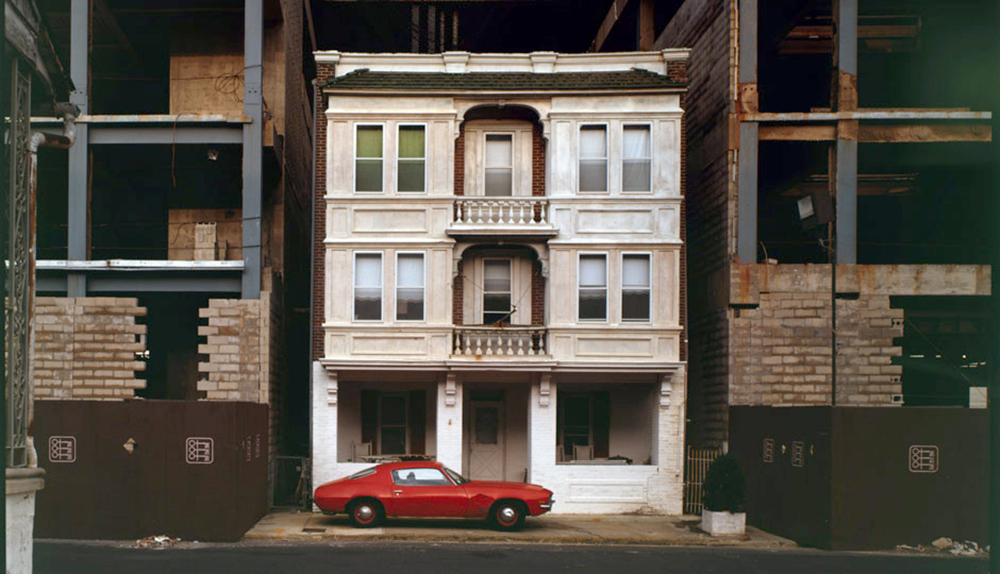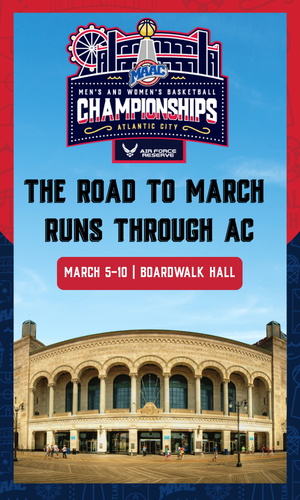By Bruce Klauber
Casino gambling was legalized in Atlantic City on June 2, 1977. That’s when the floodgates opened for developers, entrepreneurs, real estate magnates, those with casino interests in Nevada and elsewhere, and a fair share of bunko artists, all of whom believed there was big and quick money to be made in the hotel/casino business at the struggling resort.
They knew they had to move quickly to cut through Casino Control Commission red tape, and to beat the dozens of possible competitors who were lining up to buy up vacant land, and in some cases, existing hotels, to build a money-making machine on or near the Atlantic City Boardwalk.
Some proposed projects never made it beyond the idea stage. Some had financing, but the deals ultimately fell through. A few started building, only to be abandoned early on. In the end, only a very few were actually built.
The most spectacular failure was to be called the Penthouse Boardwalk Hotel and Casino, located near the monument around South Missouri Avenue, Columbia Place and the Boardwalk.
For those who don’t remember, Penthouse was an adult magazine owned by the flamboyant Bob Guccione. The company had opened hotel/casinos elsewhere, but for various reasons, none of them lasted very long. Guccione, however, was convinced that a hotel/casino could be built in Atlantic City, and that Penthouse would finally have a successful gambling operation.

In early 1978, about the time Resorts International opened, Penthouse bought the 4 Seasons and Holiday Inn motels, and had plans to buy surrounding properties in order to build. A homeowner named Vera Coking, who had a home in the middle of the block where Penthouse wanted to build, refused to sell. Penthouse began building around the Coking home, but never got beyond building a four-story steel framework.
Penthouse ran out of money, and the steel frames stood as a rusting eyesore until 1993 when The Trump Organization bought the property and eventually built the Trump Plaza.
Guccione, however, didn’t give up. He wanted to turn the old Mayflower Hotel on Tennessee Avenue into a casino, but that didn’t work out, nor did his plan to build a Ramada Inn near the Atlantic City entrance. After a series of bankruptcies and lawsuits, Guccione was forced to sell almost all of his assets, including his home and a valuable art collection. He died in October, 2010 at the age of 79.
Rocky Aoki, who owned the chain of popular Benihana restaurants, also came very close to opening a casino on the Boardwalk.
He leased (didn’t buy) the old Shelburne Hotel, which stood at Michigan Avenue and the Boardwalk since the mid-1920s.
Aoki and his group of investors planned to refurbish the hotel and add a 31-story tower. Aoki and his people invested $25 million in the project, and work began on the hotel in 1983. Unfortunately a series of disagreements between Aoki, the investors and the Casino Control Commission led to the project’s shutdown.
In 1986 another developer bought the property and planned to open something called the Carousel Club Hotel and Casino. Nothing ever came of it until Bally’s bought it in 1997 and opened their Wild Wild West Casino.
There was also some construction done on a proposed Dunes Hotel and Casino, which was to be located near Albany Avenue, right next to the Golden Nugget when it was on the Boardwalk. The Las Vegas-owned company purchased the President Hotel and Mayfair Apartments, tore both of them down, and began construction in 1979.
Two stories of a metal frame skeleton were completed. A year later, financing fell through, and after the principals declared bankruptcy and ran into legal problems, work on the project ceased.
In 1983, another company came in with hopes of continuing the building, but two years later, that operation declared bankruptcy. Others tried to do something with it property through the years, but all failed. The structure stood until 1991, when it was finally demolished. Nothing happened on that site until years later. Today, student housing for Stockton University, built in 2018, stands on the site.
In addition to the issues of financing that fell through during construction or financing that never materialized, several of the proposed projects were beset with legal problems and corruption.
A good example was the idea to turn the Ritz-Carlton Hotel on the Boardwalk into a hotel/casino. The Ritz, on Iowa Avenue and the Boardwalk, lives on as a luxury condominium and a gorgeous structure with a rich history.
It opened in 1921 as a hotel and quickly garnered a reputation as the Atlantic City vacation destination for the wealthy. Over the years there were renovations, bankruptcies — the first one happened during the Great Depression — and in 1969, a conversion to an apartment hotel.
In 1978 a group of investors bought it with the intention of turning it into a hotel/casino. It never happened.
Several of the investors were linked to the Abscam FBI sting operation in which then U.S. Sen. Harrison Williams was caught telling investors he could save them millions if they renovated the Ritz instead of building something new. Not only did Williams want a $1 million finder’s fee, his wife was found to be both a paid consultant on the project and a shareholder in the company that was backing the deal.
Williams was eventually convicted on unrelated charges and was sentenced to three years in prison. He served 21 months.
There were other ideas floated through the years, some of them in the pie-in-the-sky category, but as the market changed and other states legalized gambling, there hasn’t been talk of anything new for years. But who knows what tomorrow will bring?












Trump Plaza was already built and operating prior to the Trump Organization purchasing the Penthouse project. They expanded TP by adding the original Holiday Inn tower on the Boardwalk (that at the time was being incorporated into the Penthouse project) and I believe they called it their East Tower (which still stands).